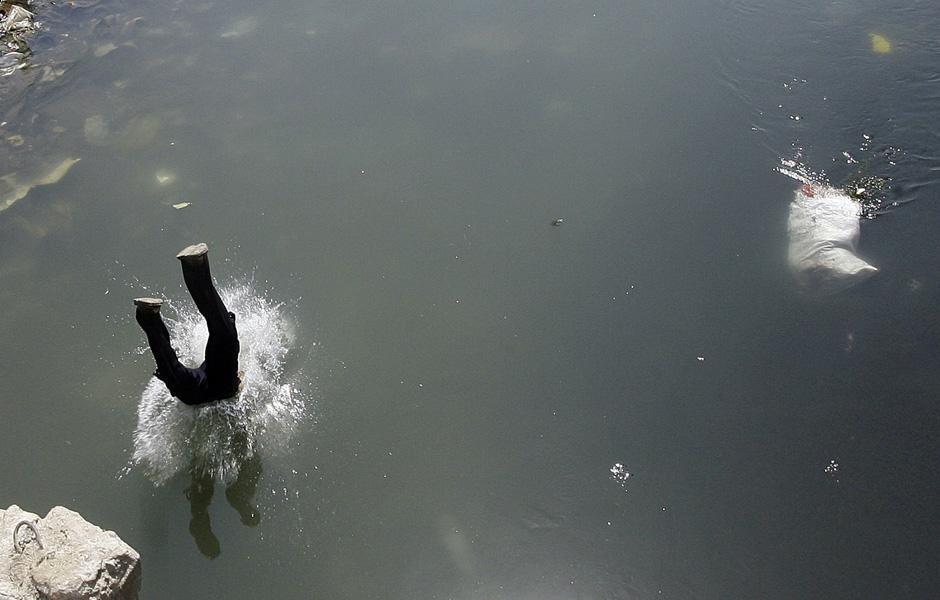You might have heard of Litani river; one of the largest rivers in Lebanon in length and width, with a length reaching 170 Km and a water capacity of 750 m3 per year. This “famous” river is contaminated, and needs to be cleaned up, and Litani river pollution has been one of the main highlighted topics in the news over the past weeks. What is the main problem in cleaning up Litani river contamination though?
Let us first list the sources of pollution for that river, although they are known: Factories, wastewater, dumpsites located on the river basin, sanders, sewage water, and unjust use of pesticides.
What we actually need to regain a clean river, especially that Litani tops all other rivers in importance, is addressing the causes behind Litani’s pollution, and not the contamination of Litani river itself.
Falling within a distance of 100 km, from an altitude of 800 meters above sea level, and providing the source of life (water) to a large number of people in the Bekaa valley and South Lebanon, Litani river includes various types of pollution; some that could be seen by the naked eye, and others that are not visible.
What do we need?
What we really need is a detailed plan for the interventions on Litani river. We need a line that combines villages bordering the river, in addition to one or two treatment plants in every town and village.
Every expert you ask on this topic answers that we need a clear and precise plan, that makes it possible to make a decision about the budget needed after being done with all the studies around the river.
The Catastrophe
Unfortunately, what is happening in Lebanon against the largest river in the country is saddening; Many politicians are so eager to get the get the World Bank’s loan amounting to around 55 million dollars, and to spend the money. Here, what matters is personal interests, and not implementing the necessary projects for the river’s cleaning up.
Environmental Expert at “greenarea.info” Dr. Naji Kodeih sees that “it is necessary to know the precise costs before receiving any loan, especially that the loan needs to be returned”. “It is not a gift from the World Bank to Lebanon,” he confirmed.
Kodeih also added that “all the violations from Industrialists on Litani river should be solved by Industrialists themselves, because they are responsible for their wastes”. According to him, “the Lebanese government can provide incentives for them, in order to treat their wastes”.
There should also be a plan for treating household wastes, and establishing sorting and treatment plants.
In the southern part of the river, however, sanders must be banned, especially that they changed the river’s color, and had a negative effect on the touristic activity near the river. Dr. Kodeih informed us that “our observations confirmed that sanders are a main source for the river’s pollution”.
“It seems that the Lebanese politicians care a lot about taking their share from the money that is supposed to be spend for cleaning Litani river”, the expert insisted.
The main problem in cleaning up Litani river’s pollution, and the real CATASTROPHE lies behind announcing random numbers, without previous research.
The other huge catastrophe in the World Bank’s loan to Lebanon or any other party’s loan, is that it will be a DEBT that should be paid by Lebanese citizens. Now, do we want that to happen?… How will people object??!











